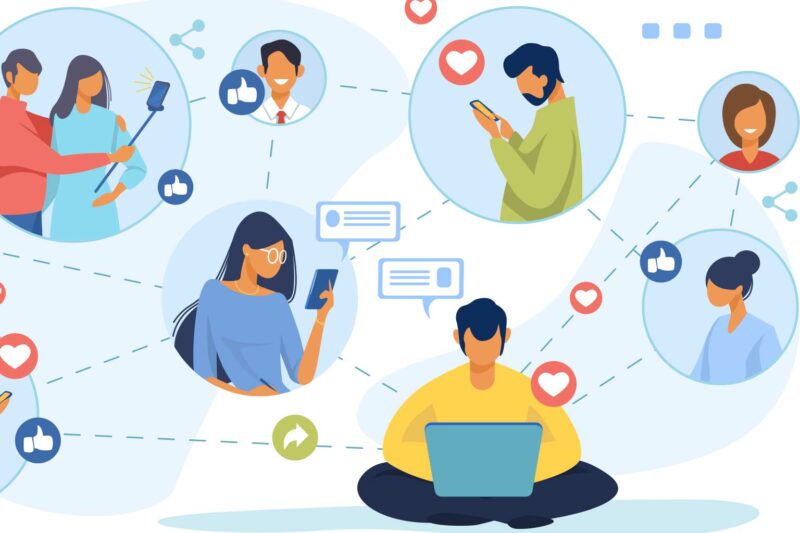

Saviel Moras, Class 5, De Sales Academy, Bengaluru

Social media’s impact on mental health is a complex interplay of various factors. On the positive side, platforms like Facebook, Instagram, and Twitter serve as powerful tools for communication, allowing people to connect, share experiences, and stay informed. However, the darker side of social media emerges when its use becomes excessive or when individuals engage in constant comparison with the curated lives of others. This phenomenon can contribute to heightened levels of anxiety, feelings of inadequacy, and a pervasive sense of low self-esteem.
The relentless exposure to idealized images, lifestyles, and achievements can foster unrealistic standards and expectations. The pressure to conform to these standards may lead individuals to portray an embellished version of their own lives, perpetuating a cycle of unrealistic online personas. Furthermore, the addictive nature of social media, with its constant notifications and the allure of virtual validation through likes and comments, can significantly impact mental well-being.
In addition to the internal struggles users may face, the online environment introduces external challenges such as cyberbullying and online harassment. The anonymity provided by social media platforms sometimes emboldens individuals to engage in harmful behaviors that can have severe consequences for the mental health of those targeted.
Despite these challenges, social media’s impact on mental health is not universally negative. Many find support, community, and valuable information through these platforms. The key lies in fostering a mindful and balanced approach to social media usage, setting boundaries, and being aware of its potential impact on mental well-being. It’s essential for individuals to navigate the digital landscape consciously, promoting a healthier relationship with social media for a more positive impact on mental health.
January, 2024





